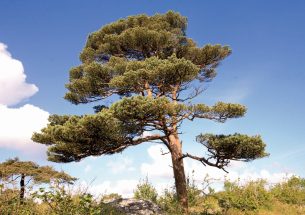News and Opinion
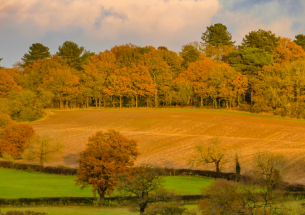
Paying farmers to create woodland and wetland is the most cost-effective way to hit UK environment targets, study suggests
READ MORE about Paying farmers to create woodland and wetland is the most cost-effective way to hit UK environment targets, study suggests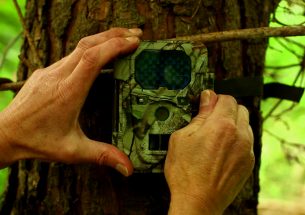
Citizen scientists wanted to help record UK’s mammal activity
READ MORE about Citizen scientists wanted to help record UK’s mammal activity
The BES signs open letter to PM on environmental deregulation
READ MORE about The BES signs open letter to PM on environmental deregulation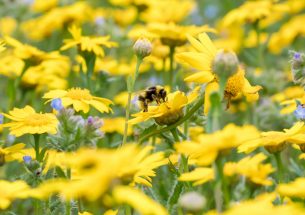
Multiple habitats need protecting to save UK bumblebees, finds 10-year citizen science study
READ MORE about Multiple habitats need protecting to save UK bumblebees, finds 10-year citizen science study
Protected areas can be the beating heart of nature recovery in the UK, but they must be more than lines on a map
READ MORE about Protected areas can be the beating heart of nature recovery in the UK, but they must be more than lines on a map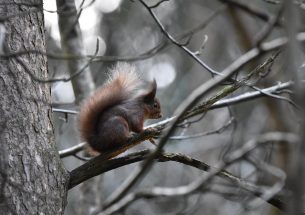
New research shows that current national red squirrel conservation strategies likely to undermine species survival in future
READ MORE about New research shows that current national red squirrel conservation strategies likely to undermine species survival in future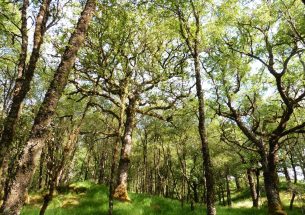
Loss of tree species has cumulative impact on biodiversity
READ MORE about Loss of tree species has cumulative impact on biodiversity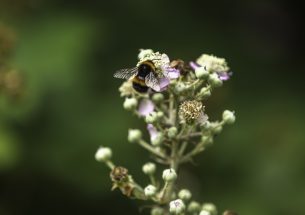
Bee flight suffers under temperature extremes
READ MORE about Bee flight suffers under temperature extremes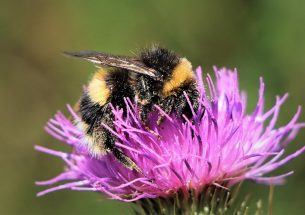
Farmers help create ‘Virtual safe space’ to save bumblebees
READ MORE about Farmers help create ‘Virtual safe space’ to save bumblebees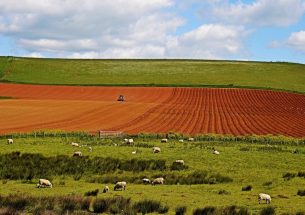
BES response to the UK National Food Strategy
READ MORE about BES response to the UK National Food Strategy
BES response to government plans to tackle the nature and climate crises
READ MORE about BES response to government plans to tackle the nature and climate crises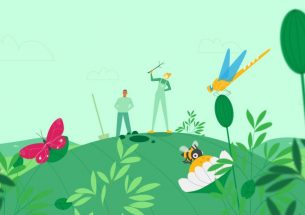
Nature has enormous potential to fight climate change and biodiversity loss in the UK, according to new report
READ MORE about Nature has enormous potential to fight climate change and biodiversity loss in the UK, according to new report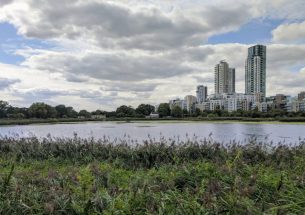
New report highlights the benefits of bringing nature into our cities
READ MORE about New report highlights the benefits of bringing nature into our cities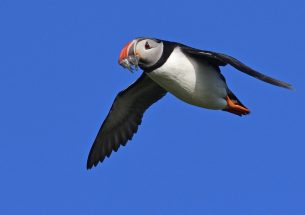
Lack of prey reduces breeding success in puffin populations
READ MORE about Lack of prey reduces breeding success in puffin populations